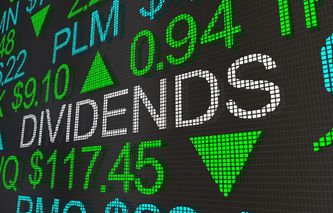Definition
The term protective put refers to the strategy of buying one put contract for every 100 shares of the underlying stock owned. Protective puts are a form of insurance, shielding the individual's investment from market volatility.
Explanation
A protective put is an investment strategy that involves the purchase of one put contract for every 100 shares of the underlying stock owned. Investors may consider using this strategy when they don't want to sell shares of stock they own, but would like to protect their unrealized profits or limit the further decline of an unrealized loss. Protective puts are also used when purchasing stock, since they can lower downside risk.
Buying a put is a form of insurance, since it provides the owner with a right, but not an obligation, to sell shares at the strike price at any time before the option's expiration date regardless of how low the stock's price declines. The price paid for the put, is said to be the investor's insurance premium. If the price of the stock increases, the investor benefits from the increase in the stock's value. If the price of the stock declines, the investor has the option of selling the stock at the strike price of the put. The investor also has the option of selling the in-the-money put and retaining the stock, since the option now has intrinsic value
Example
An investor purchased 200 shares of common stock of Company ABC two years ago at a price of $35.00 per share. Over time, the price of Company ABC's stock has risen to $48.00 per share. To protect their unrealized capital gain, the investor purchases two three-month Company ABC put contracts with a strike price of $45.00 for $1.20. The cost of this insurance is $1.20 x 200 shares, or $240.
If the price of Company ABC's common stock rises to $50.00 per share, the investor's profit would be:
= Selling Price - Original Purchase Price - Put Contract, or= $50.00 x 200 - $35.00 x 200 - $1.20 x 200, or= $10,000 - $7,000 - $240, or= $2,760
If the price of Company ABC's common stock declined to $40.00 per share, and the investor exercised their put at $45.00 per share, the investor's profit would be:
= Selling Price - Original Purchase Price - Put Contract, or= $45.00 x 200 - $35.00 x 200 -$1.20 x 200, or= $9,000 - $7,000 - $240, or= $1,760
If the investor did not purchase the protective put, their profit would be:
= Selling Price - Original Purchase Price - Put Contract, or= $40.00 x 200 - $35.00 x 200, or= $8,000 - $7,000, or= $1,000
Related Terms
covered combinations, cash-secured puts, index puts, Buy-Write Index
.jpg)


